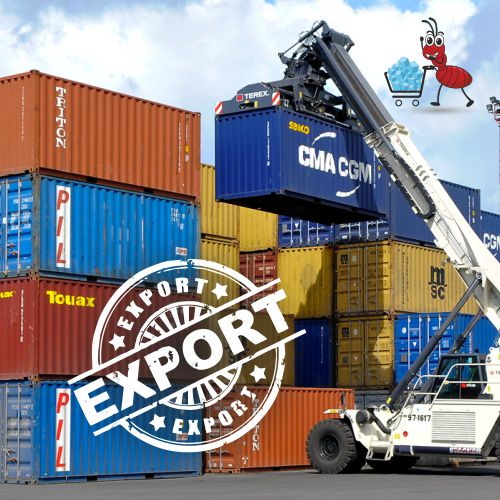The Central Board of Indirect Taxes and Customs (CBIC) on Monday issued a circular to promote ‘Faceless, Contactless, Paperless Customs’ and decided to rely upon digital copies of the Shipping Bill and do away with the requirement of taking bulky printouts from the Service Centre or maintenance of voluminous physical dockets in the Custom Houses.
In its circular board has directed that w.e.f. 22.06.2020 only the digital copy of the Shipping Bill bearing the Final LEO would be electronically transmitted to the exporter and the present practice of printing copies of the said document for the exporters and also for maintaining a docket in the Customs House would stand discontinued.
The circular said, “The salient features of the secure electronic communication of the Final LEO copy of the Shipping Bill and the Gate Pass copy of Shipping Bill are to promote a paperless environment, Board has decided to do away with the taking the printouts. Instead, Directorate General of Systems has enabled the functionality of communicating by email, the PDF version of the Final LEO copy of the Shipping Bill to the Customs Broker and exporter, if registered. This electronic Final LEO copy can serve multiple purposes such as being shared with DGFT, Banks, etc.”
This Final LEO copy of the Shipping Bill will have the following features: The PDF version will bear a digitally signed and encrypted QR code which can be scanned to verify the authenticity of the document using Mobile App ICETRAK. The QR code is tamper proof, which is digitally signed by CBIC to ensure the authenticity. Key details like SB No., SB Date, FOB value, Package Details are available in the secured QR Code.
B. A version number is also embedded in the QR code which can be used to ascertain whether the document is indeed the latest version (in case of cancellation of LEO etc.). The same would be verifiable at ICEGATE Enquiry.
The circular further added, “It is a well-known fact that the Shipping Bill printout is also being used extensively by the logistics operators during the movement of export goods, including transshipment, by road or rail or during the loading of cargo into vessels, aircraft, etc. as a proof of export. This is despite the electronic information existing in the Customs Automated System and Board having made printing and use of transference copies of shipping bills optional. Therefore, taking cognizance of the logistics needs, the Directorate General of Systems would henceforth communicate through email, eGatepass PDF copy of the Shipping Bill to the Customs Broker and the Exporter, if registered.”
Read full notification here
To Listen to this News click on the play button.












